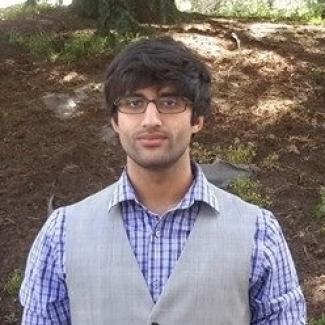Focus
Specialization
Biography
Nitin Kohli is a Staff Scientist at UC Berkeley's Center for Effective Global Action and Principal Investigator of the Data Privacy Lab, researching topics that span privacy, fairness, and manipulability of algorithms.
Drawing upon the combination of technical, legal, and social science scholarship, Nitin develops theory, tools, and frameworks that safeguard individuals while attending to the social and political context of their use. In particular, Nitin utilizes techniques from applied mathematics -- such as game theory and mechanism design, cryptography, and statistics -- to not only construct mechanisms with provable guarantees, but also to show the inherent limitations and tradeoffs present in certain technologies that are deployed in particular a context. In 2023, Nitin was awarded the International iSchools Best Doctoral Dissertation Award for his research on differential privacy.
Nitin has also worked as a data scientist in industry, as well as an adjunct instructor and lead instructor / lecturer at UC Berkeley, teaching both introductory and advanced courses in elementary mathematics, probability, statistics, and game theory. In 2019, Nitin was awarded both the Outstanding Graduate Student Instructor Award and the Teaching Effectiveness Award for his work in Info 188 (Behind the Data: Humans and Values) under Professor Deirdre Mulligan.
Prior to his current role, Nitin was a postdoctoral researcher at UC Berkeley's Center for Effective Global Action working with Professor Joshua Blumenstock. Nitin received his PhD in Information Science from UC Berkeley's School of Information under the supervision of Professor Deirdre Mulligan. During his graduate years, Nitin also worked closely with Professor Paul Laskowski on the mathematics of information and privacy, and spent time as a visting graduate student at the Simons Institute for the Theory of Computing.







